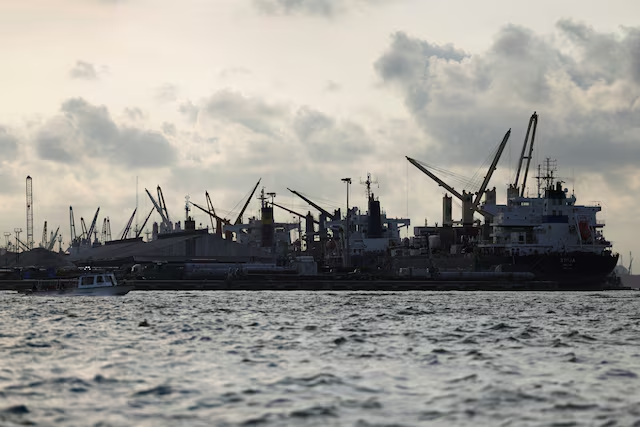Nigeria’s oil regulator is rolling out stringent new regulations designed to revolutionize the country’s oil export regime. These new rules will require oil producers to obtain an export permit, vessel clearance, and a unique identification number for real-time cargo tracking. This significant overhaul aims to directly combat rampant oil theft and under-declaration at export terminals, ultimately leading to a substantial boost in government revenue.
A Shift Towards Transparency and Accountability
The updated regulations mark a stark departure from the previous, less robust system, which merely required producers to declare cargoes to customs authorities for permit issuance. Under the new framework, known as the Nigerian Upstream Petroleum Advance Cargo Declaration Regulation, exporters must now submit comprehensive, advance details of both the vessel and its cargo. This includes crucial information such as the consignee, port destination, tonnage, and estimated time of arrival.
A spokesperson for the regulator highlighted the transformative nature of these changes, stating, “The new guidelines represent a significant step toward a more transparent, accountable and efficient oil export regime in Nigeria.”
Addressing Past Deficiencies
Energy lawyer Ayodele Oni of Lagos-based Bloomfield law firm underscored the critical need for these reforms. He pointed out that the previous system lacked the capabilities for real-time tracking, a deficiency that led to widespread issues. “This deficiency led to issues such as under-reporting, theft, revenue loss and mismatches in export data,” Oni explained.
The new rules are a direct response to these historical problems, aiming to plug revenue leakages and ensure that the government receives its rightful share from oil exports. Strict compliance is mandatory, with non-compliance carrying potential penalties of up to $20,000. This financial deterrent is expected to reinforce the seriousness of the new regulations and encourage adherence across the industry.
By implementing these advanced cargo declaration requirements and real-time monitoring capabilities, Nigeria is positioning itself to gain greater control over its most vital resource, signaling a strong commitment to curbing corruption and maximizing national income from its petroleum sector.
Slug: nigeria-oil-export-new-regulations
Meta Description: Nigeria’s oil regulator introduces new rules for export permits, vessel clearance, and real-time cargo tracking to combat oil theft, prevent under-declaration, and boost government revenue.
Focus Keyphrase: Nigeria oil export regulations
Tags: Nigeria, oil, export, regulations, oil theft, revenue, cargo tracking, petroleum, transparency, accountability, government revenue, compliance, penalties, upstream petroleum


